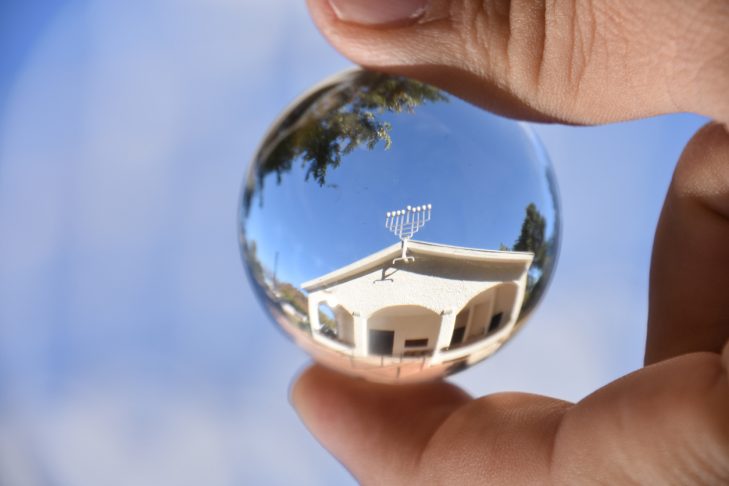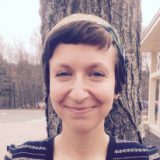Originally posted on The Mikveh Lady Has Left the Building
Last spring, I sat in the Mayyim Hayyim Education Center with a group of people who had at some point made the decision to become Jewish. It was the very first session of “Now What? Questions and Answers for Those Who Have Chosen Judaism,” a program Mayyim Hayyim created in partnership with the Jewish Discovery Institute after noticing that after conversion, many new-Jews are looking for a way to continue learning.
That evening, we sat around the large wooden table with Rabbi Leslie Gordon at the head, with her characteristic expression of warmth and gentle curiosity. Soft light illuminated the faces of individuals who had traveled from all over to be there. They were from Arlington, Roslindale, Framingham, Brookline, Andover, Needham, Somerville, and even as far as Rhode Island.
The mood in the room was as you might imagine: expectant, nervous, with a tempered excitement that we adults have been known to exhibit. Once everyone arrived and we were settled in, Rabbi Gordon asked us to all introduce ourselves, and answer three questions:
1) How long have you been Jewish?
2) What are you hoping to get from this class?
3) What’s been hard?
These three simple questions set the tone for our program in a profound way. I remember very well that as the go-around began, I was completely taken aback by the honest, inspiring, and truthfully, challenging responses.
“My conversion was lovely, but since then what feels hard is being in services and not feeling like it’s part of me. I’m feeling disconnected. I’m hoping this course will help.”
“It’s ramp-up to when you convert, and then there’s a drop-off after. I’m trying to decide where I go from here to keep my Jewish experience active and organized.”
“What’s hard? It’s definitely hard explaining things to my fundamentalist Christian sister.”
“Conversion is a lot like becoming a citizen; I found them to be very parallel experiences. Both have brought me a lot of joy. What’s hard is that my husband’s relationship is different than mine. I want to go to services. I’m the one telling him when Rosh Hashanah is.”
“It’s definitely been hard to explain this to my uber-Catholic father. It’s kind of a ‘don’t ask don’t tell’ situation.”
“As an adult, I’m reconnecting with my family, which includes my grandmother’s annual family clam bake. But I made this promise, I can’t break this promise. Still, it’s hard.”
Mid-way through our go-around, one participant cut through the rapt silence: “Wow.” She sighed. “How amazing to hear you guys sharing. It’s so important to hear all of this. It makes me feel better just knowing all of your experiences.”
Heads nodded vigorously in agreement, and Rabbi Gordon and I beamed. We created this program for moments like this. It is hard enough to take on a new religion and culture; doing so with the feeling that you are alone or at odds with those close to you will make it so much harder. Although this wasn’t my first rodeo (I’d sat in on Session One of “Now What?” before), I found that I was totally blown away by what I heard. Once more, my heart filled up with respect for the people in the room, for all they had done to embrace this new adventure despite the many challenges. And in many ways, it was just another evening at Mayyim Hayyim – a group of people gathered to study Jewish texts, rituals, and ideas, and all the while finding a place for themselves in this long-standing experiment that is Jewish civilization.
Like what you read? Forward this blog post to someone who might appreciate our upcoming “Now What?” program, starting March 2. Our fourth cohort will run five consecutive Thursday evenings this March. Click here to learn more and register.
This post has been contributed by a third party. The opinions, facts and any media content are presented solely by the author, and JewishBoston assumes no responsibility for them. Want to add your voice to the conversation? Publish your own post here. MORE



